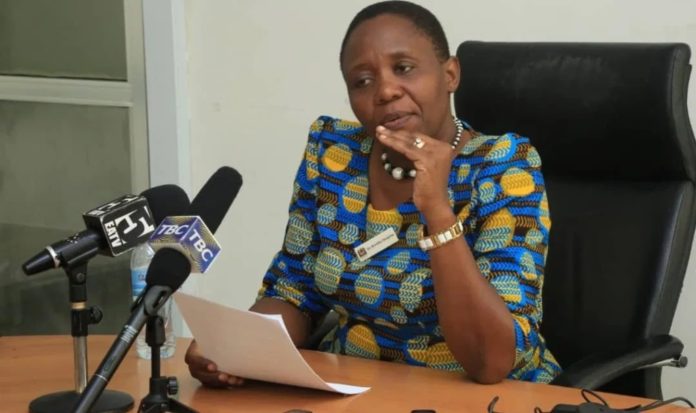Dar es Salaam, Tanzania — Tanzania anti-corruption officials are investigating loss of Tanzanian shillings 27 million(US$11.5 million) allegedly swindled by unscrupulous health officials accused of flouting procurement rules when purchasing and distributing essential medicine and medical equipment in various public hospitals, officials said two weeks ago.
According to officials from the Ministry of Health Community Development, Women, Elderly and Children, the revelations were made by a probe committee formed by the government on February 1 to assess possible misappropriation of the said public funds.
Litany Of Complaints
The investigations were prompted by a litany of complaints from ordinary citizens who questioned the shortage of medicine and medical equipment.
The suspects are reportedly being investigated by the country’s anti-graft watchdog– the Prevention and Combating of Corruption Bureau (PCCB) their possible involvement in the scam that has tarnished the image of the health ministry.
The east African country, which has long been dogged by corruption, had won rare praise from international donors in 2016 when President John Magufuli overhauled procurement processes and sealed off loopholes for theft of public monies in the health system.
Yawning Deficits
Observers say, the donor funds, whose disbursement hinges on the government’s resolve to fight graft, are badly needed to bridge yawning deficits.
The probe committee was formed after a litany of complaints from members of the public about persistent shortage of essential supplies and medical equipment despite a nine-fold increase of the country’ annual health budget, which rose from Tanzanian shillings 31 billion in 2015 to a whopping 270 billion in the first quarter of 2021.
Dorothy Gwajima, Tanzania’s Minister for Health said in 28 referral hospitals that had been investigated, officials had flagrantly flouted procurement rules and in some cases were involved in outright theft of the money earmarked for purchasing drug supplies.
“Stern measures will be taken against all those involved, no stone will be unturned,” she told reporters.
According to her disciplinary actions will be taken and criminal charges will be instituted against those who will be found to have flouted standard procurement procedures.
Supplier To Face Music
The minister said private suppliers who allegedly sold drugs and medical equipment without adhering to procurement rules will also be investigated.
According to the 2020 Public Expenditure Review, which provides framework trends and patterns of the country’s health expenditure in the public sector, Tanzania has not been able to translate its rapid economic growth and development into increased access of quality health services.
The total per capita health spending increased modestly from US$23.6 to US$28.5 million between 2010 and 2017.
While Tanzania has made good progress in health service delivery, rural populations still don’t have access to better health services.
Systemic Corruption
Recent studies show that systemic corruption coupled with dwindling donor funding has affected health service delivery in Tanzania’s public hospitals.
While foreign donors have always used aid as a tool to effect change and guide the country’s health policy, a huge chunk of their money has not been put to good use due to systemic corruption.
Deus Kitapondya, a public health professional working with Muhimbili National Hospital said corruption in Africa is deeply embedded in the system of life, which manifests in different forms such as abrupt policy shifts to attract funding.
“The situation is critical, workers morale in public hospitals has fallen down in a way you cannot explain it,” he said.

